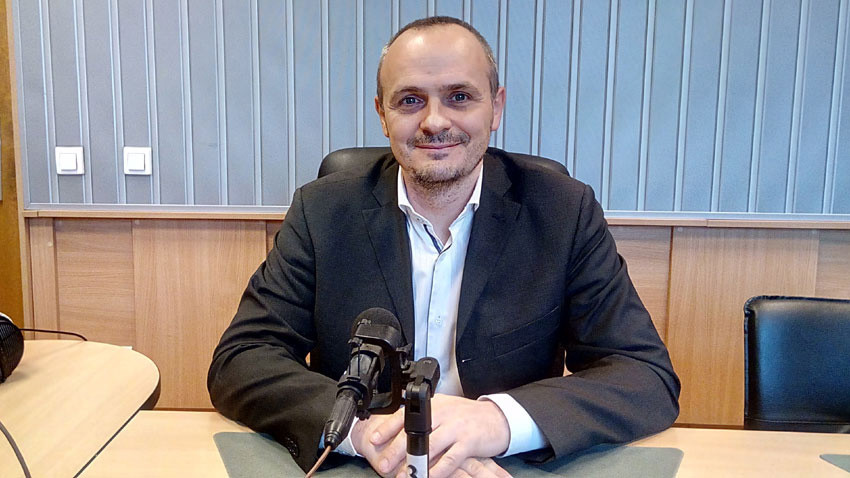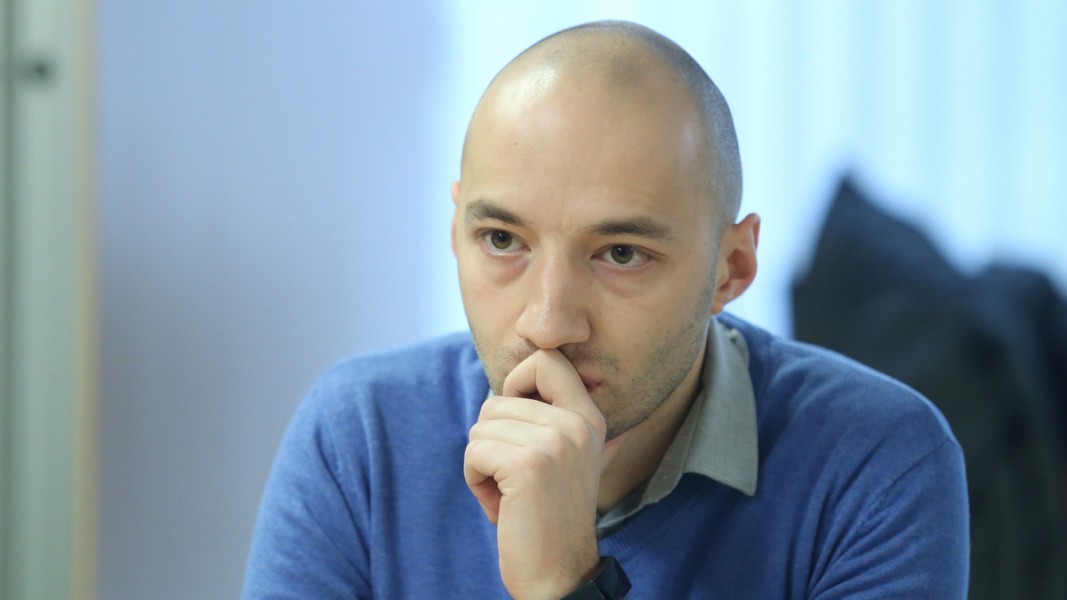We are witnessing the end of a less active political campaign for parliamentary elections. The reasons for this may be seen both in the early nature of the vote in the holiday season and also in the considerable funds spent by the political parties in the spring election campaign for the previous parliamentary elections. "We have been in the election campaign for so long that we have already stopped noticing it. I have the feeling that it started at the beginning of the year," comments journalist Mira Badzheva.
Political scientist Georgi Kiryakov emphasizes the channels political parties use for communication with the voters:

“They rely mainly on social networks, where advertising has very low rates, as well as on tours around the country and direct meetings with voters. In addition, there are already certain attitudes among people as to who to vote for. Thus, the political parties do not need to convince them for a long time for whom to vote”, Georgi Kiryakov told BNR-Stara Zagora.
However, a poll among the residents of Stara Zagora eloquently shows the real attitude of voters towards politicians and their election promises:
"I am not particularly affected. Rather, I am neutral to everyone's election campaigning," Vasil says. "They are very bland and clichéd, and their messages cannot reach my mind," Georgi adds.
However, according to Georgi Kiryakov, a cabinet will be formed after the elections as two scenarios are possible: "It is possible that the so-called "parties of the protests" together with one of the major parties of the status quo will form a majority. The second scenario is that the caretaker cabinet will continue its mandate as a regular government, with the consent of the protest parties and representatives of the status quo parties. This avoids the possibility for parliamentary parties to take full responsibility for a possible government failure," Kiryakov explains.
This thesis is supported also by the political scientist Dimitar Ganev:

"There is no doubt that it will be more of an expert government. Each party representative will present his or her people not as outspoken party members, but rather as experts in a given field."
The election results seem almost impossible to be forecast, according to political psychologist Antoaneta Hristova. She believes several factors are responsible for this. On the one hand, this is the activity of the caretaker government and the almost daily results of its work. They turn the individual candidates of the political parties into participants in the political life who are catching up with events.
Another factor that makes it impossible to make a real assessment of the attitudes of voters is the work in social networks of the so-called "internet trolls". They successfully perform their task of distorting a lot of information, and hence of distorting the reality it creates for the individual user.
"Almost all political parties use such trolls. That is why it is very difficult to find out what the real position is”, Hristova says.
Hristova pointed out that in addition to the polarization of opinions in society, the machine voting, introduced with amendments to the Electoral Code by the short-lived 45th National Assembly, will also have a possible negative impact on the July 11th elections.
"Everyone tried to minimize voter turnout. An example of this is the elderly population. The voting system does not imply a willingness to participate on their part, but rather creates barriers and fears for them. So I guess we may have a few percent lower voter turnout.”
Compiled by Joan Kolev
English version Rositsa Petkova
Photos: BNR and BGNES
When a contribution in the sphere of science is transformed into the basis for subsequent in-depth research the boundaries between countries and continents seem to melt away – literally and figuratively. That is precisely what happened during a..
Sofia is hosting the finals of ER Champ 2025 — described by the organisers as the world’s largest international escape room competition . Taking place on 19 and 20 October, the event will bring together twelve teams from around the globe , each of..
More than 500 people from across Bulgaria are gathering today in the village of General Todorov, near Petrich, for the national festival “Once Upon a Time… When Bread Had a Soul,” the village mayor, Stanislav Stankov, has announced. Now in its fourth..
Sofia is hosting the finals of ER Champ 2025 — described by the organisers as the world’s largest international escape room competition . Taking place on..
More than 500 people from across Bulgaria are gathering today in the village of General Todorov, near Petrich, for the national festival “Once Upon a..
When a contribution in the sphere of science is transformed into the basis for subsequent in-depth research the boundaries between countries and..

+359 2 9336 661
